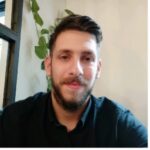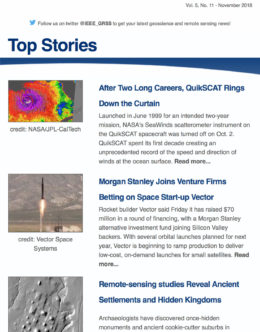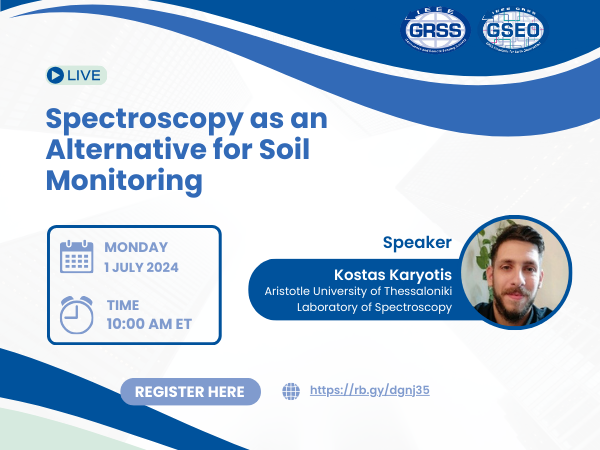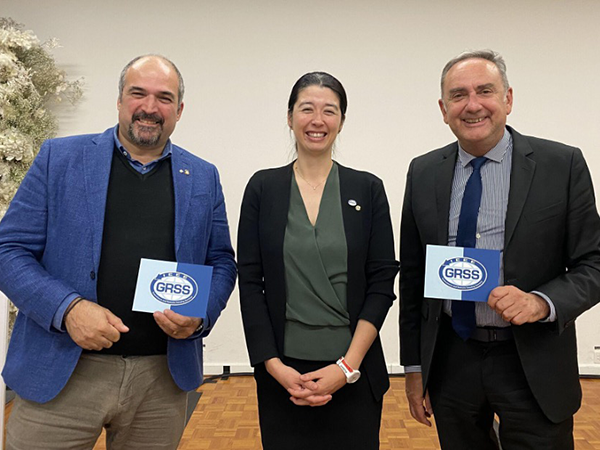Spectroscopy as an Alternative for Soil Monitoring
Webinar Speaker:
Kostas Karyotis
Affiliation:
Aristotle University of Thessaloniki
Laboratory of Spectroscopy
Remote Sensing and GIS
Greece
- 1 July 2024
- 10:00 AM ET
- Sponsored by GRSS
- TC Webinar - GSEO
About the Webinar
About the Speaker


Days
Hours
Minutes
Seconds




























